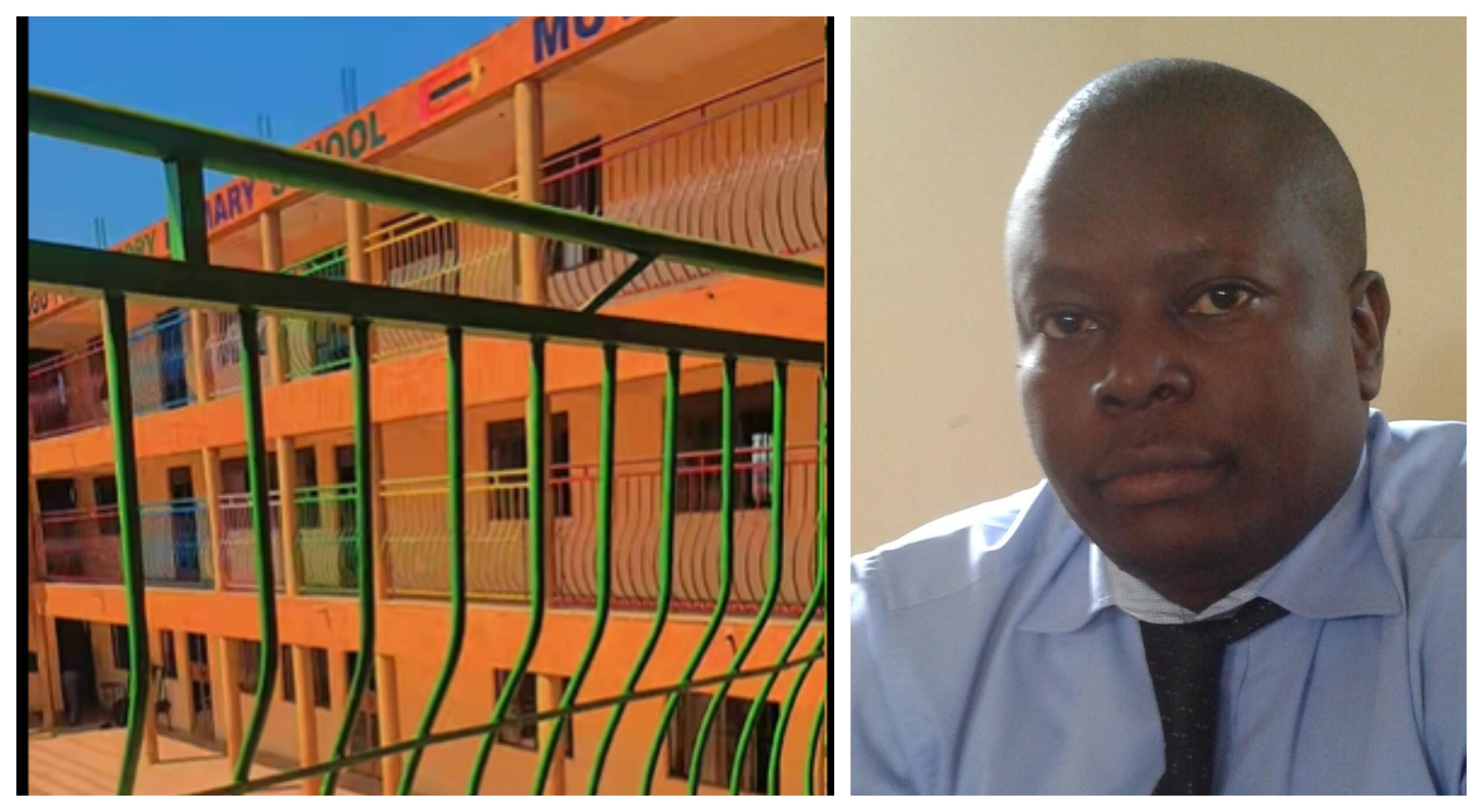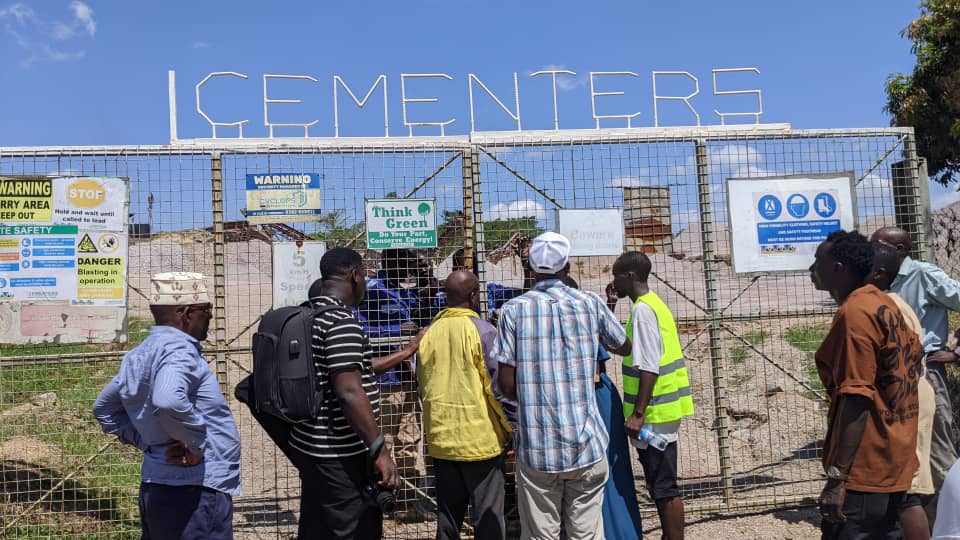The High Court has ordered the eviction of two school owners from a property in Kisugu, Kampala, after they defaulted on a bank loan.
The decision, made by Justice Susan Odongo grants Cairo Bank Uganda possession of the land, which was used as security for the debt.
The case stems from a loan agreement in February 2020, when respondents Banga Michael Ssemugabi and Margaret Zalwango, operating as Kisugu Preparatory Primary School, borrowed Shs 412 million from Cairo Bank. The money was intended for building classrooms and offices, as well as paying off an existing loan at another bank. The school property was pledged as collateral.
According to court documents, the borrowers defaulted on repayments. The bank issued a default notice in November 2022, giving them 45 working days to settle the outstanding amount of over Shs 617 million. When they failed to comply, the bank advertised the property for sale in January 2023.
Ssemugabi and Zalwango fought back by filing a suit seeking to block the sale. They obtained a temporary injunction in July 2024, but it was conditional on them depositing 30% of the loan or the property’s forced sale value within 45 days. They did not meet this condition, leading the bank to re-advertise the property in October 2024 and sell it at public auction on 7 February 2025.
The winning bidder, Dr Jover Byarugaba, purchased the land for Shs 850 million. The title was transferred to her name in June 2025. After deducting the debt (which had grown to Shs 638 million due to interest and fees), the bank credited the remaining balance to Ssemugabi and Zalwango’s joint account. Byarugaba is the proprietor of Ebenezer Schools.
The bank then applied for vacant possession, arguing it was obliged under the sale agreement to hand over the empty property to Byarugaba within four months. Ssemugabi and Zalwango opposed this, claiming the bank had promised a larger loan of Shs 1 billion but only disbursed part of it.
They accused the bank of concealing their repayments and selling the property fraudulently. They also filed a new suit against the bank, Byarugaba, and Equity Bank (which later mortgaged the property), seeking its release.
In her ruling, Justice Odongo found the bank’s application competent, rejecting Ssemugabi and Zalwango’s argument that it should have been filed as an originating summons rather than a notice of motion. Given the ongoing suits, she said the procedure was appropriate and caused no prejudice.
Second, she ruled the bank was entitled to vacant possession under Section 23 of Uganda’s Mortgage Act. The law allows a lender to take control of mortgaged land after proper notices, which the court confirmed had been served – including via post, as agreed in the mortgage deed.
Third, Odongo dismissed concerns that the eviction would make the pending suits pointless. She noted that the disputes over fraud and illegality could still proceed, and any losses could be compensated through damages if the respondents win those cases.
The bank, she added, is financially stable enough to pay such awards. The court ordered Ssemugabi and Zalwango to immediately vacate the property and pay the bank’s legal costs.
However, Ssemugabi and Zalwango’s other lawsuits remain active and could potentially reverse the sale of the school to Byarugaba.







